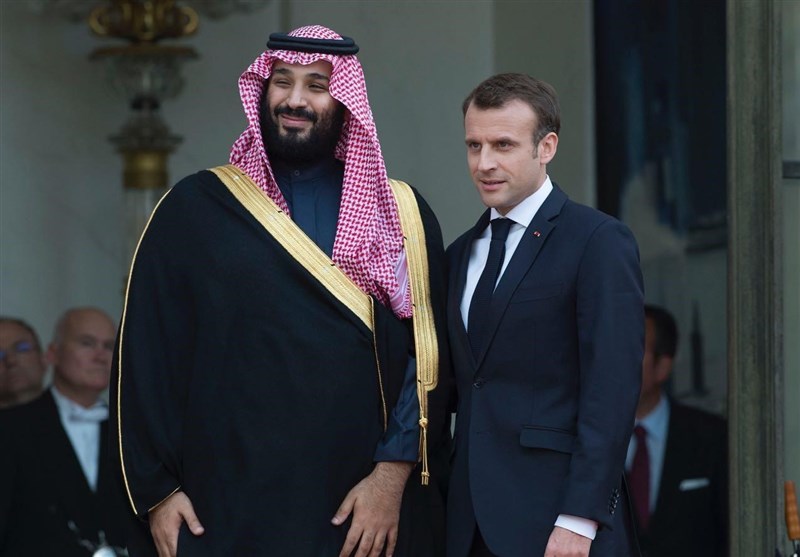Dr. Hadi Dolatabadi told the Strategic Council on Foreign Relations that France has created conditions for Paris to play the role of a “bad cop” and favor Arab countries in exchange for trade deals,.
“Of course, recent stances of Macron in favor of Saudi Arabia caused a lot of costs for the French president and questioned his efforts and wishes to play the role of the leadership of the European Union because the EU immediately reiterated its commitment to preserving Iran’s nuclear deal and declared Macron’s remarks as his personal view.”
Referring to recent remarks by President Macron that Saudi Arabia should be part of negotiations with Iran, Dolatabadi said that after Joe Biden came into power, some European countries particularly France indicated some changes in their approaches as the victory of Biden had a very grave influence on re-convergence of the relations and approaches of the United States and Europe.
“The United States in one hand is getting close to the European Union and on the other hand is getting far away from the Arabs. The same happened during Obama’s presence in the White House which resulted in a vacuum of power in the Middle East. In that time, France was able to exploit such a gap and reap huge economic and strategic benefit from its presence in the Middle East and the Persian Gulf. ”
France efforts to fill the US space in the Middle East
This professor of French Studies at the University of Tehran said Trump’s American that clinched several multi-billion-dollar contracts with Saudi Arabia and got close to the Arab countries of the Persian Gulf no longer exists in the establishment of the United States and they want to fill the gap.
“It seems that history is repeating. Trump does not exist [in the political establishment of the US] and so France is trying to fill the void and expose itself as a global power. This is while France had already been evicted from the club of the world’s powers after the Second World War. France was able with General de Gaulle to secure a seat in the Security Council of the United Nations and wield veto power; however, due to the lack of necessary financial and logistical conditions and other qualification, France failed to play a leading role in international relations. Therefore, in very few cases in which France can have a say, it comes to the front and tries to have a maximum gain.”
Dolatabadi said France was recognized as the “bad cop” of the nuclear negotiations with Iran which revolved around talks between the foreign ministers of Iran and the United States and this was not favorable to other ministers in particular France.
“This issue gave a special status to France to influence the trend of negotiations in this respect as France was a member of the European Union and that sanctions of the EU and the United Nations had been drafted and adopted with the positive vote of France,” he said, adding that there are many cases in which France has no influence and significant role to play, however, it had some movements in Iran’s nuclear case.
France seeking to play the role of “bad cop” again
Dolatabadi said France wanted to mediate between Iran and the United States during Trump’s tenure to boost its international status however it failed to produce any result and there is presently no grounds for France to play such a role.
He added that the permanent and or temporary cancellation of sale of aircrafts to the United Arab Emirates was a signal Biden sent to the Middle East and Arab states to indicate that Trump era of favoritism for the Arabs is over and they cannot count on the support of the new administration in the US.
Dolatabadi said France is trying to fill the space of the US in the region and has created conditions and shown green light to Arab states to provide them with full support and play the role of a “bad cop” in exchange for trade deals and commercial contracts.
“The Persian Gulf and the Middle East regions were among the first priorities of the French foreign policy during 2008 and 2020. France has several military bases in the region. Macron wants to preserve once again this region as one of the strategically prioritized regions for itself because Paris imagines that it can fill the void of the presence of American Democrats in the region and can therefore reap huge financial benefits for example in selling its fighter jets to the UAE and boost its economy as an exporter of arms and weapons.”










0 Comments